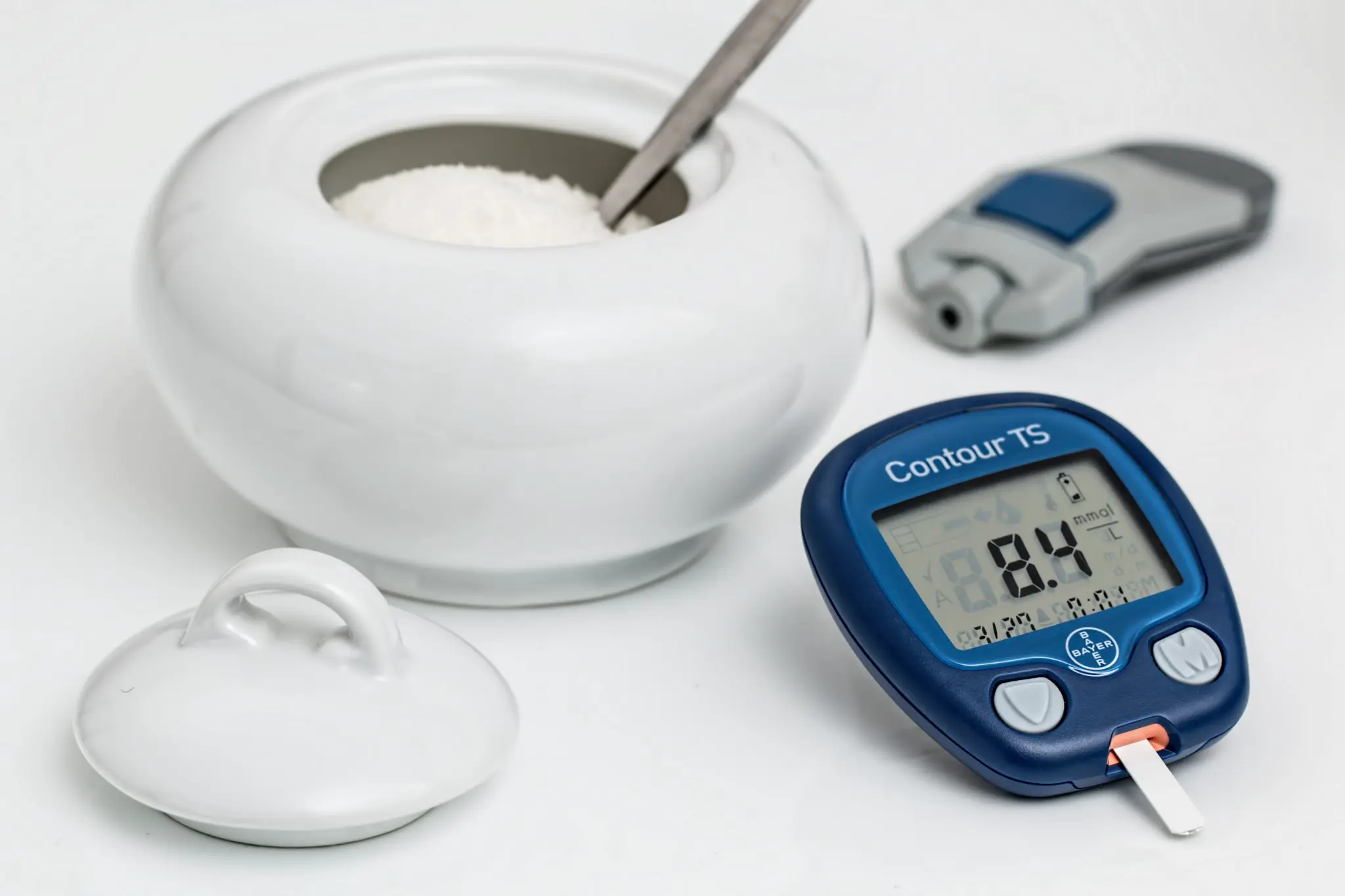

Ava, a medical technology company, teamed up with researchers from the University Hospital of Zurich in Switzerland to test whether or not their bracelet can help women with highly irregular menstrual cycles become pregnant. For instance, women whose cycles fall outside the range of 24 to 35 days long would qualify for this study. Read on to find out how this technology works!
50 women in total will be monitored over the course of the trial. According to Dr. Brigitte Leeners, the lead investigator of the clinical trial, the bracelet will "measure various noninvasive parameters, which are related to the hormonal cycle and ensure high measurement quality" in these test subjects. The team already has a large databank on information regarding normal cycles, and would like to use their algorithm to gather an equally high prediction quality for those with irregular cycles.
Physiological data such as the user's skin temperature, movement, sleep patterns, pulse, and breathing rate are gathered by the bracelet. Leeners explains that this method is "different than other methods where you measure temperature just once. With this method, you have a whole series of data of different vital signs, which improves your prediction quality." Once this data is gathered, it is sent to an app on the user's phone and analyzed to determine the user's fertile window. Leeners explained that, "When you go to sleep, you put on the bracelet, and we get more than 3 million data points per night." This technique benefits women with irregular cycles, as they can not rely upon the traditional method of checking their temperature for surges indicating ovulation when they wake up every morning.
Infertility and irregular menstrual cycles are commonly caused by PCOS. Dr. Kathleen Wyne, an endocrinologist at The Ohio State University Wexner Medical Center, told Healthline that "It's one of the very common causes of infertility, and it's something that women don't always hear about until they come up with a fertility issue." She went on to say that "women who have PCOS often have problems getting pregnant, and once they do get pregnant, they're more likely to have a miscarriage, especially in the first or second trimester." However, up and coming cycle tracking technologies may help women with PCOS become pregnant. Wyne said that "When I trained, all we could do was the basal body temperature, but now, you've got some really cool technologies that can track your temperature and other things while you sleep, send it to an app, and tell you your patterns." It's amazing how technology can revolutionize people's lives. More women are now given the chance to have a baby.